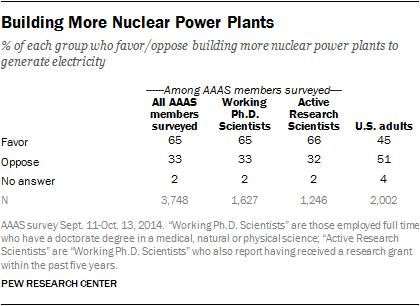This puts competitive pressure on Microsoft. Valve’s goal is to turn Steam OS into a legitimate competitor to Windows for gamers, and Microsoft should fear Valve’s success.
Right now, Microsoft has no legitimate competitors in the PC gaming space. They are free to do anything they want to their OS and consumers have no choice but to tolerate it. If Microsoft say “watch these adverts”, consumers open their eyes. If Microsoft says “pay up”, they reach for their wallets. If Microsoft says “suck”, they kneel.
If a competitor arises to Windows, then Microsoft will have to actually start worrying about losing customers to Steam OS. More importantly, every customer who switches to Steam OS is one who isn’t paying for Game Pass and one who isn’t buying games from the Microsoft Store and paying Microsoft their 30%.




Valve has enough lawyer money to keep Microsoft at bay.